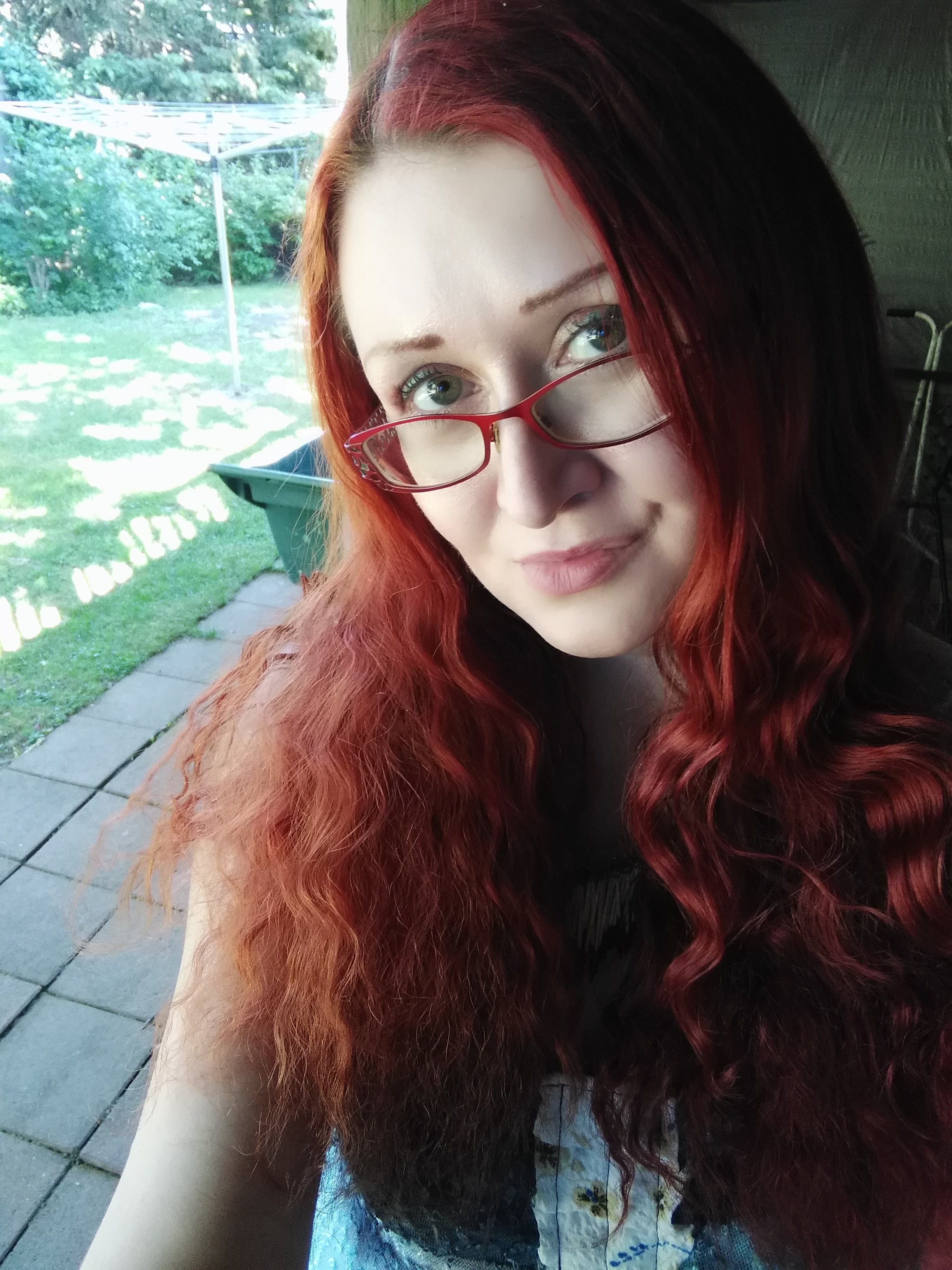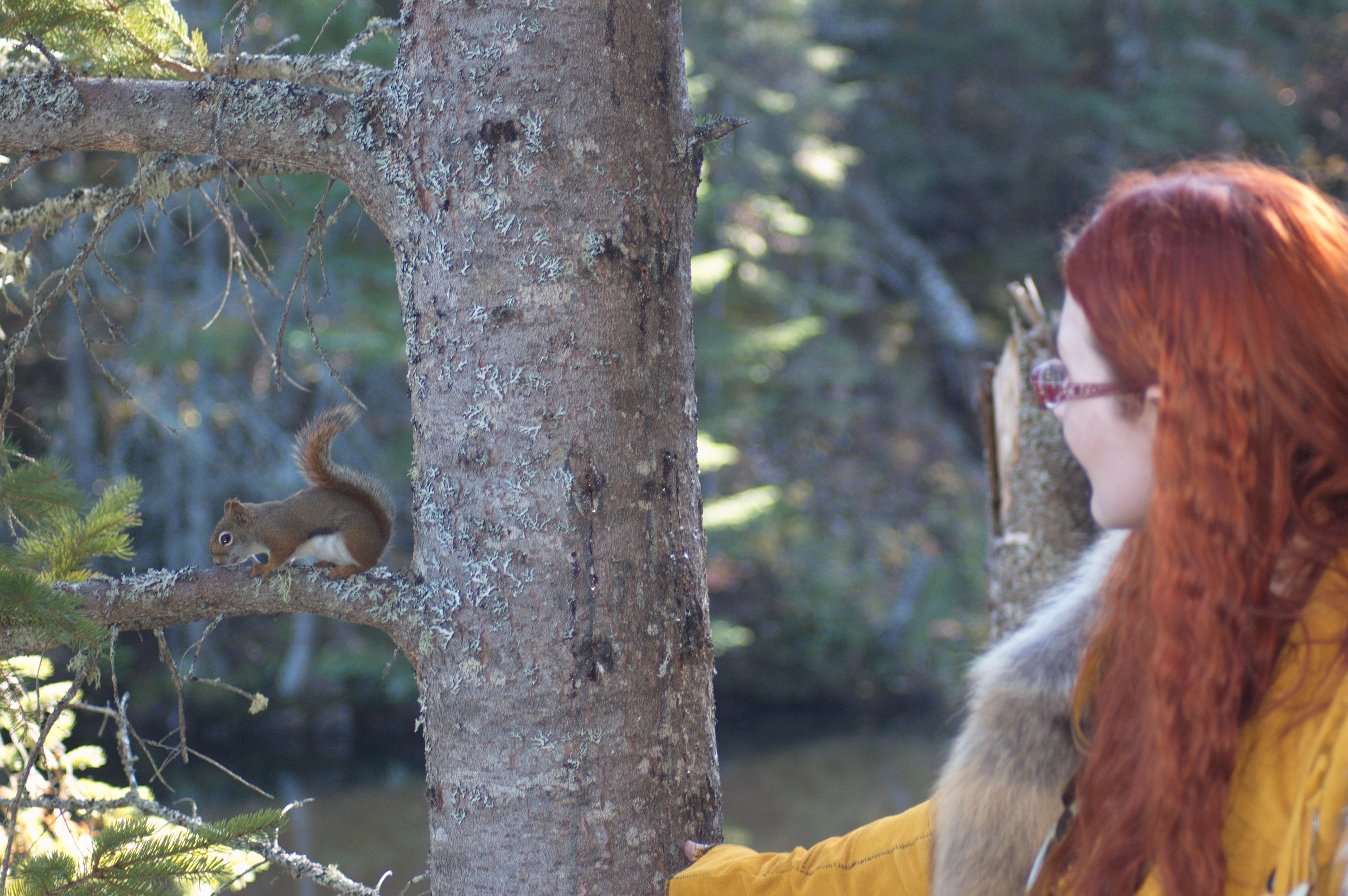
I had a strange, vaguely terrifying experience this morning. The good thing is that despite having been deeply suicidal a few months ago, I now know that I really don’t want to die.
I was sitting outside as I do every morning. It was 7:30am and I was smoking a cigarette and writing for my blog, watching the squirrels and the wild rat that lives under the shed. I felt pretty good — great, even. And then, this “great” feeling started to get weird.
I felt my arms going colder and colder, and when I looked at them, flexing them, I felt like they weren’t really attached to me. I don’t think it was depersonalization. It was more like when your hand falls asleep and it’s so numb it doesn’t feel like it’s attached to your body. My arms felt cold like I wasn’t getting enough blood to them.
When my hearing began to cut out, like when you have a bad head cold, I realized something was really wrong.
And then I began to feel euphoric.
I do have a fainting disorder (POTS) but every single time I’ve felt faint in the past, I’ve been severely nauseous and otherwise “sick” feeling, and my vision starts to fade. My vision was fine this time and I felt physically good. I checked my heartbeat: normal, steady, and strong enough. I was pretty calm too: so it wasn’t a panic attack. No dread or terror, just practical thoughts about what was happening to me and what I should do. My hearing was getting worse and the cold feeling in my arms was turning into weakness.
I realized that if I passed out, sitting under the veranda before anyone else was awake, it could be a couple of hours before anyone found me. And even so, I couldn’t go get help right then and there — I figured if I stood up, I’d be on the ground, passed out cold in an instant. I didn’t even have a cellphone with me. So I put my head between my knees and that helped a bit. Eventually, the euphoria began to fade.
At the worst point of it, I sincerely thought it felt like death: not that I was actually dying, but I wondered if this was how it felt to die. That disturbed me in a normal, practical sort of way — I wasn’t at all ready to die, which is how it should be. I stayed calm and paid attention to myself. Gradually my hearing returned to normal and within 20 minutes everything was back to normal. I stood up slowly: no faint feeling. All was well again.
I don’t think it was a physical health issue. I’ll mention it to my doctor but I don’t think I need to worry about it. If anything, maybe there was something in my first cigarette that shouldn’t be there, like a bit of glue. You know, the way glue fumes can go to your head. We smoke natives, so anything is possible. And on the other hand, it didn’t feel psychological either because I was being so rational about it all. While I was naturally concerned about myself, I wasn’t in some hypochondriac panic.
But now, if I ever feel depressed and suicidal again, I can remind myself that in a real “death’s door” situation, I know I won’t actually want to die. And if I ever did something stupid, my last thought would be terrible regret. Like if I were to jump off a bridge…the moment my hand left the railing, I would regret it.
That’s a powerful thing to know in your gut.
So anyway: life is beautiful, friends. If you are struggling, get help. If you don’t want to live, it’s not normal, it’s not okay, it’s only because something is WRONG with you. Get help. You need help and IT CAN GET BETTER.



